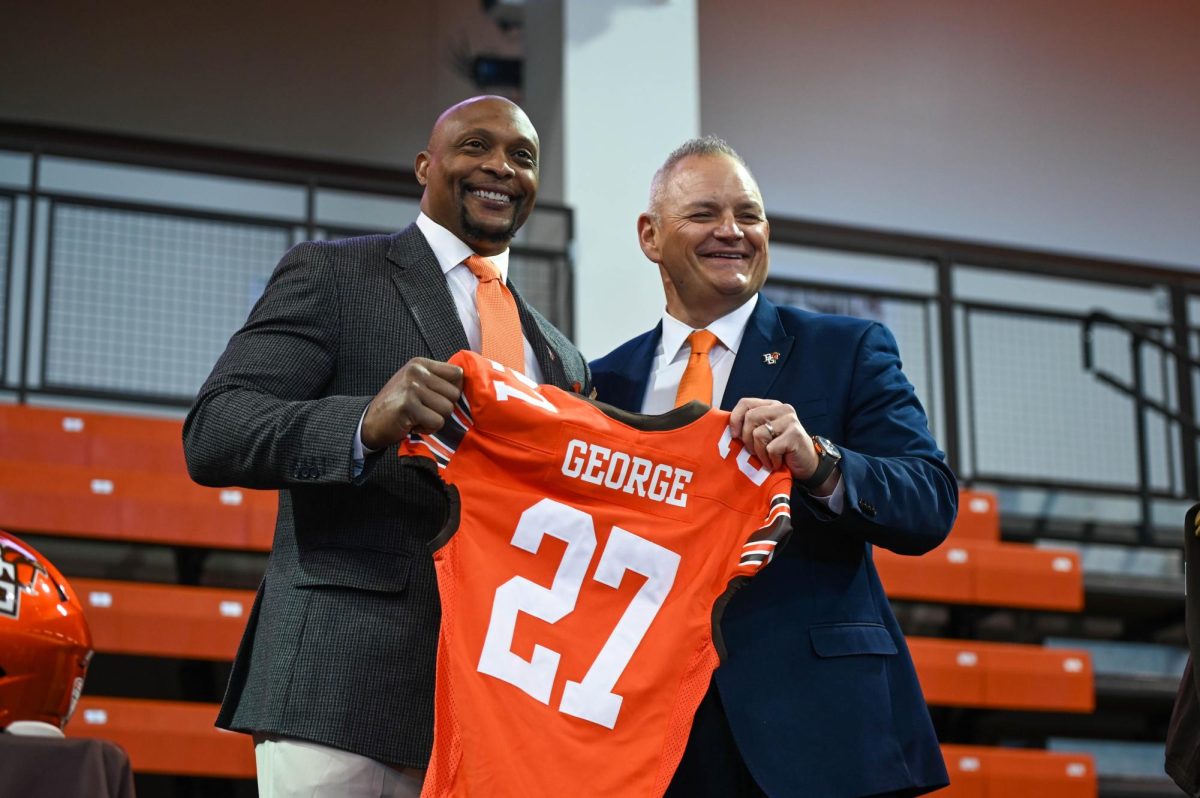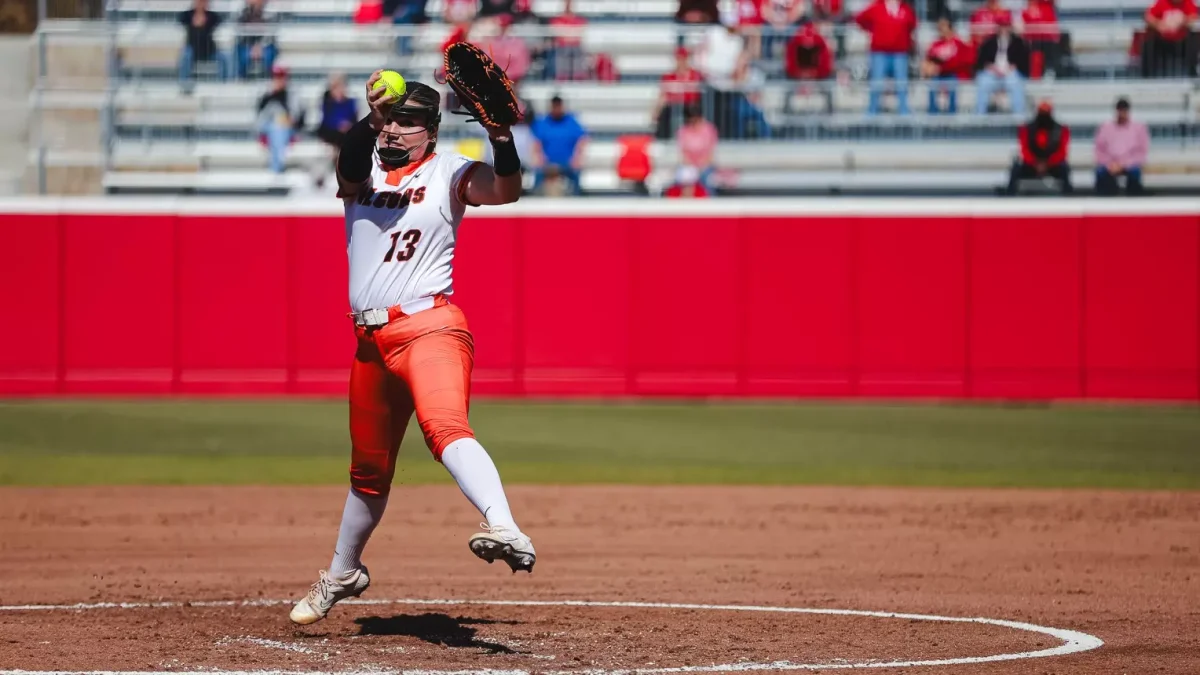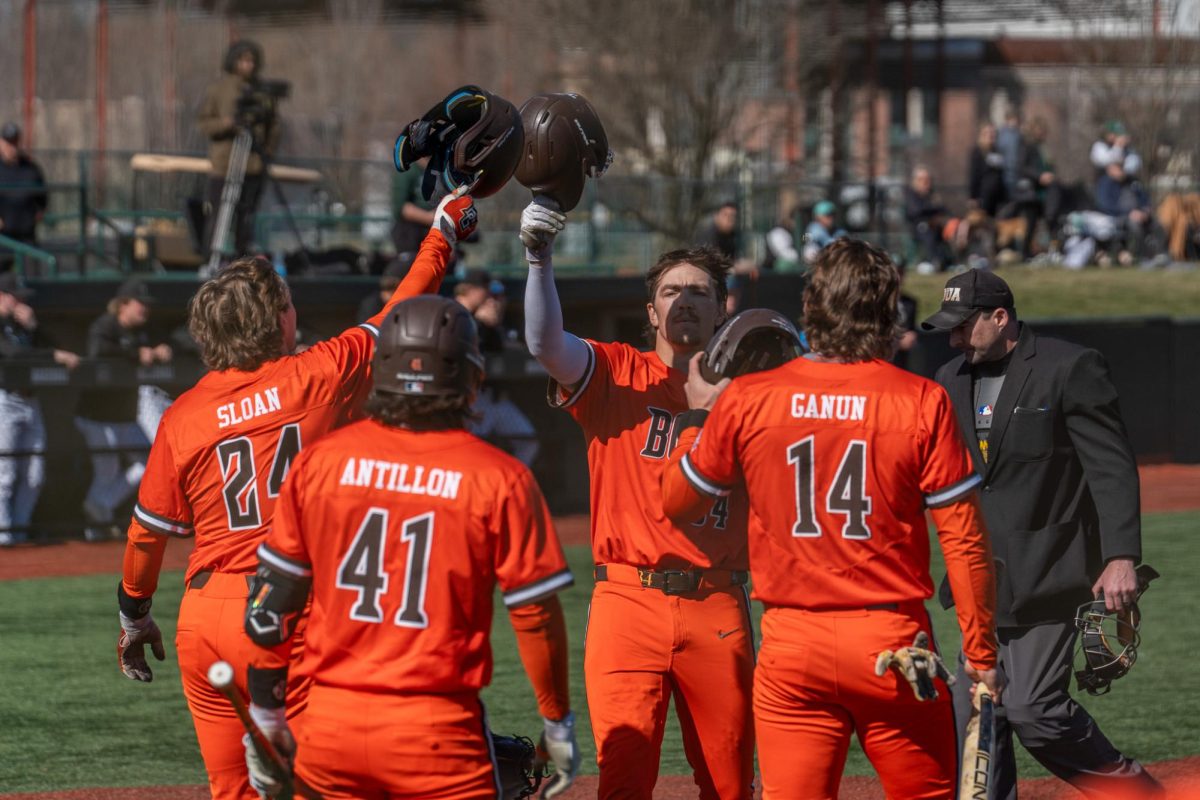Can you remember the last time you went to a party, dinner or other event where alcohol wasn’t on hand?
Neither can I.
Alcohol plays a huge part not only in college life, but also life in general.
Those under the legal drinking age are often served alcohol anyway at events because it’s become such a staple of American life.
Perhaps, then, it’s not so surprising that non-drinkers are not socially accepted.
Not drinking is outside the norm.
Unless one tells a well-worn story about their religious or health reasons for abstaining from drinking, they are treated like outsiders.
Apparently “just not wanting to” is not a “legitimate” reason for not drinking.
I don’t get it.
To me it seems like plain common sense to respect peoples’ choices in how they live their lives [provided they aren’t hurting anybody].
When I go to a party and I see people who are not drinking, I don’t care.
When I see people who are drinking, I don’t care.
I don’t see why anyone else should be bothered by someone’s personal preference either.
I go to parties to have fun with people I like, not to sit around and discuss the pros and cons of our beverage choices.
But, I’ve noticed, people actually get themselves worked up about non-drinkers.
They act as if alcohol is a necessary ingredient in having a fun time, and that drinkers are barred from having a good time unless everyone else is drinking.
This causes drinkers to ask non-drinkers unending questions about why they abstain from drinking, often ending in drama or fights that could’ve been avoided had everyone minded their own business.
According to David J. Hanson, professor emeritus of sociology at the State University of New York at Potsdam, “Societies in which there is strong social pressure either to drink or to abstain tend to have a high rate of alcohol related-problems.”
In order to avoid bumming everyone’s mellow at your next party, Hanson suggests, “People who choose not to drink should never be asked why they are not drinking, should never be coaxed or encouraged to drink, and should never be made to feel odd or strange because of their choice.”
Just as you shouldn’t have to defend your choice to drink, you shouldn’t attack others for doing the opposite. Having a non-drinker at your party doesn’t mean they think they’re better than you or that they’re silently judging you. It just means there’s a Pepsi in their hand instead of a Budweiser.
You don’t have to do anything differently than what you’re already doing [provided, again, that you’re not hurting anyone]. It’s that simple. As Hanson says, “’Live and let live’ is the best policy for abstaining and moderate drinking.”
Respond to Emily at













